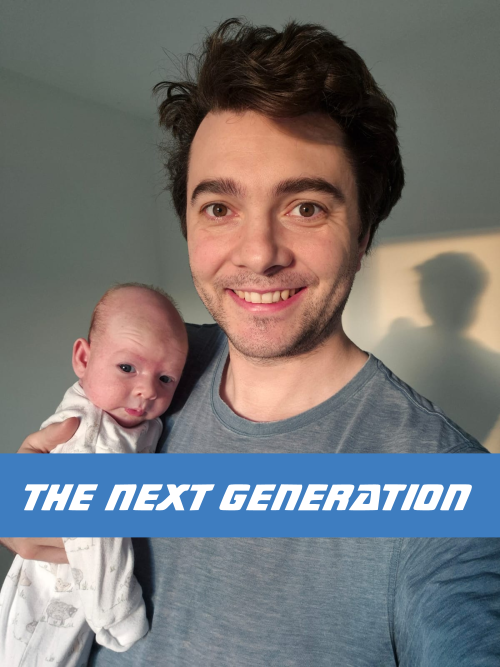Shine Forever
“Once you have divided labour between man and machine, all that is left for man to do is to shepherd knowledge.” - Mark Burgess
A few weeks back I was catching up with my fellow Clojurian friend Kevin and we got talking, once again, about my 'visions' for knowledge management. It wasn't the first time we'd delved into the topic and this time he really pushed me: "If you believed in this enough you'd be working on it every day! [...] Is this even a problem you actually have?"
Rather than giving a succinct response, I undoubtedly waffled on too long about all the world's problems which I feel are deeply interrelated and could be solved, surely, if only our software systems presented us with more profoundly effective media.
I firmly believe that the end goal of this networked computer age should be to help us (all of us) think together and feel together. Maybe between emails and spreadsheets and Wikipedia and YouTube we just about have that vision covered satisfactorily already, but my hunch is that with the right new ingredients we can go a lot further and a lot faster.
But what are those ingredients, what forms might they take, and am I even the right person to start cooking things up?
Does the world even need new software to be written or do we simply need to better wield and 'sell' what already exists? And what's my role to be? Should I be trying to build a web app? A database?
Should I be focused on assembling a real dream team under the umbrella of some corporate structure? Perhaps it's sufficient to contribute in some small yet significant way within a network of broadly autonomous individuals who already collaborate around an existing common vision? Or do I need to start a new religion?
Or maybe LLMs have already solved most of the foundational problems I perceive and I haven't quite realised it yet.
Nothing is certain. But, as things stand, I feel the focused mission of XTDB remains my strongest bet - a moonshot chance to align a multitude of economic motivations with societal needs and to disrupt a somewhat stagnant software industry with simplicity. That's why I will continue to push it forward as best I can each day.
But in the interests of "building in public" and of not putting all my eggs in a single basket, the least I should do is write down my thoughts here and offer my up tokens to the winds of chaos (LLMs, the wider public etc.) to do their thing with these thoughts as they please, without me getting in the way.
XTDB for Knowledge Management
"You can not see the future without seeing the past" [...] "The good hunter always climbs the highest dune before his hunt. He needs to see. As far as he can see. You need to SEE!", Dune: Part Two (2024)
My hot take on knowledge management is that most electronically-mediated human communication should be oriented around "plans for the future". Even if just very vague hopes about how we want the future to look.
However, to make effective plans we first have to be able to talk about time and reflect on the past. XTDB is designed, for the most part, to accelerate our ability to capture and refer to the past. My hope is that it should therefore also be able to serve as an essential component for all kinds of novel takes on knowledge management software, and not just obscure financial systems.
The opening quote by Mark Burgess hints that I'm far from the first person to care so deeply about this knowledge management stuff (especially in recent years - see also: Notion), but really I included the quote because Mark's latest work is highly compelling to me. More thought out, 'real' and immediately usable than anything I've been able to conjure together thus far. I look forward to helping Mark work through his vision because it feels like we're pointed in this same direction. The project uses Postgres, for now.
Here Comes the Son
In more important news, I had the most wonderful birthday present this year:

He's a delightful little chap. Very 'awake' 😅 And it's been a conveniently timed kick up the backside!
F O C U S
--------Published: 2025-08-04
Tagged: life